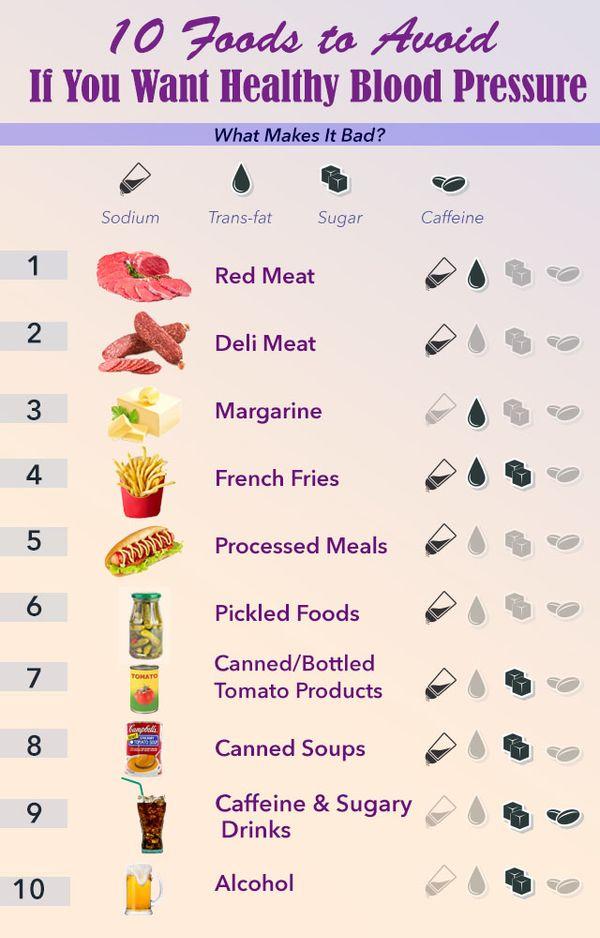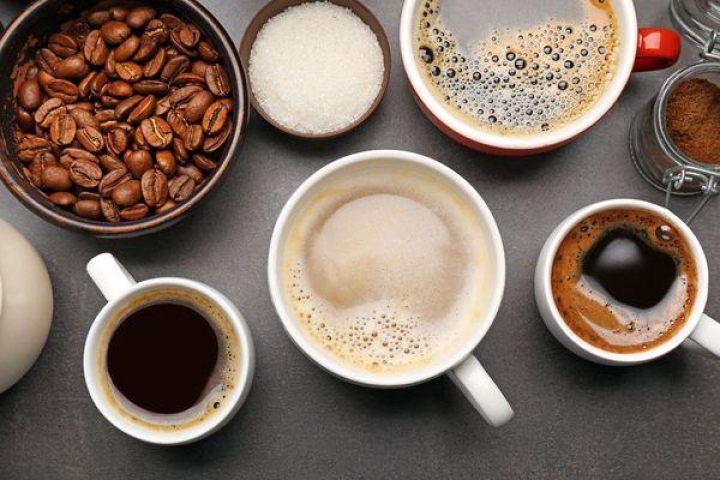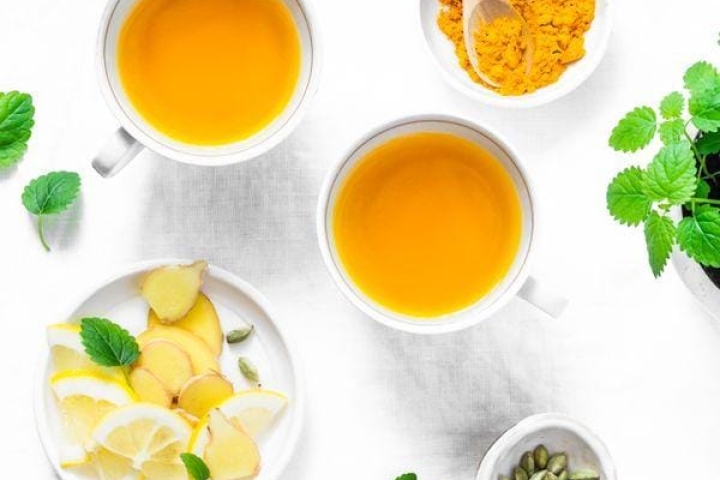Avoid These 10 Foods If You Want Healthy Blood Pressure
Maintaining healthy blood pressure is crucial for achieving total wellness.
In any area of health, various steps can help keep your blood pressure within a healthy range, including exercise, diet, and stress management.
The term "diet" encompasses various aspects, such as what to eat, what to avoid, when to eat, and what beverages to choose.
While much has been discussed regarding beneficial foods, it is also important to be mindful when stocking the kitchen.
Reading food and drink labels is crucial.
Sodium, sugar, and trans fats can significantly increase blood pressure levels and cause overall damage to your body.
A healthy diet permits up to 2,400 milligrams of sodium per day; however, trans fats should be avoided entirely, and fruits are the preferred source of sugars.
Several food and drink items should be avoided to maintain healthy blood pressure. Continue reading to discover the top ten.
1Red Meat
Not all red meat is detrimental. When consumed in moderation, it can benefit your muscles, bones, and joints. However, fatty red meats, which are high in trans fats and sodium, should be avoided as they can harm the heart and blood vessels. If you're consuming meat for protein, opt for leaner choices like chicken.
2Deli Meat
Even chicken isn't always sold with equal quality. Chicken, turkey, ham, and other pre-packaged meats are often high in sodium due to seasoning and preservation with salt. This, coupled with additional sodium from bread, cheese, and condiments in a sandwich, can lead to excessive sodium intake.
3Margarine
Margarine also has its exceptions. The main issue with this dairy product is its trans fat content. Some margarine variants contain two or more grams of trans fat per tablespoon. Considering the amount typically used in cooking or on foods, this can accumulate quickly. Seek margarine brands without trans fats or consider alternatives.
4French Fries
French fries, a popular restaurant side dish, are not the healthiest choice. Often cooked in low-quality oils and seasoned with salt, they can be unhealthy. Some are even coated with sugar. Opting for a salad, cooked vegetables, or fruits when dining out is a healthier choice, reserving fries for occasional home consumption.
5Processed Meals
While convenient, pre-prepared meals often come at the cost of your health. Even those labeled as "healthy" are typically loaded with sodium and preservatives. For instance, frozen pizza can contain between 1,000 and 2,500 milligrams of sodium per serving. Taking extra time to prepare fresh food can significantly benefit your blood pressure and overall health.
6Pickled Foods
Pickles, sauerkraut, and other pickled foods are high in sodium due to the salt used for preservation and flavoring. The longer these foods sit, the more sodium they absorb. A single pickle spear can contain up to 300 milligrams of sodium. If pickles are a must, choose a low-sodium option and always check the labels.
7Canned/Bottled Tomato Products
Although fresh tomatoes offer numerous health benefits, their canned or bottled counterparts are less desirable due to high sodium levels. Tomato sauces, pasta sauces, and juices often contain hefty amounts of sodium, sugar, and preservatives. Opt for low-sodium versions if you use these products.
8Canned Soups
As expected, canned soups are another source of high sodium, along with sugar and preservatives. Some soups contain over 2,000 milligrams of sodium per can. The best strategy is to make your own soup or choose low-sodium commercial options, always ensuring to read the labels.
9Caffeine & Sugary Drinks
Although coffee has several health benefits, it can cause a temporary increase in blood pressure. Similarly, the caffeine and sugar in soft drinks and other beverages can elevate blood pressure levels, negatively impacting those with existing conditions. Consider eliminating sugary drinks, limiting coffee consumption, and opting for water or caffeine-free teas instead.
10Alcohol
While moderate alcohol consumption can lower blood pressure slightly, excessive drinking can cause spikes and contribute to hypertension and damage to blood vessel walls. Alcohol is generally produced by fermenting sugary substances, and excessive sugar intake is known to raise blood pressure. If you choose to drink, do so in moderation.
Did any food on this list surprise you?
What foods do you avoid to maintain a healthy blood pressure?
Sources:




Leave a comment